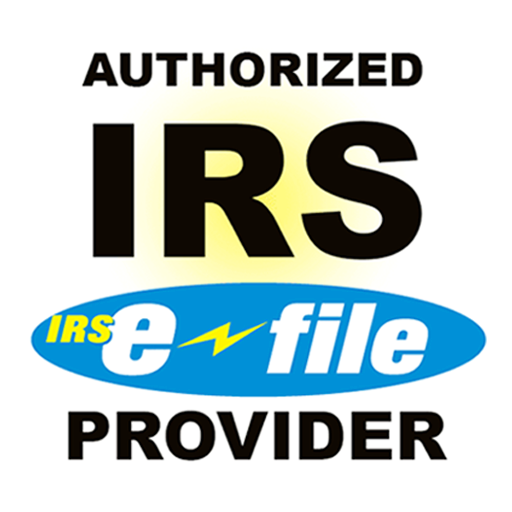02-13-2024
Saving Time And Effort With Form 2290 E-filing: Must-Have Tools And Resources For Truckers
The trucking industry plays a vital role in our economy, ensuring the timely delivery of goods across the country. However, truckers often find themselves burdened with various administrative tasks, including tax filing. One of the most important forms for truckers is the Form 2290, used for filing Heavy Highway Vehicle Use Tax. We will explore the benefits of e-filing Form 2290 and discuss some must-have tools and resources that can help truckers save time and effort.
1. The Advantages of E-Filing Form 2290:
Traditionally, truckers had to visit a local IRS office or mail their Form 2290 to the IRS, which could be time-consuming and prone to errors. However, with the advent of technology, e-filing has become the preferred method for many truckers. Here are some advantages of e-filing Form 2290:
- Convenience: E-filing allows truckers to file their Form 2290 from the comfort of their own home or office, saving them from the hassle of visiting an IRS office or mailing a physical document.
- Time-Saving: E-filing significantly reduces the time required for tax filing. With just a few clicks, truckers can submit their Form 2290 and receive their stamped Schedule 1 in minutes, compared to weeks or even months with traditional methods.
- Accuracy: E-filing eliminates the risk of errors that often occur with manual filing. The electronic system automatically performs data validation, ensuring that all information provided is accurate and complete.
2. E-filing Platforms and Software:
To make the e-filing process even more convenient, truckers can take advantage of several tools and resources available in the market. Here are some must-have platforms and software for truckers:
- IRS Authorized e-file Provider: Choosing an IRS-authorized e-file provider is crucial to ensure a seamless and reliable e-filing experience. These providers have undergone strict IRS scrutiny and offer secure platforms for submitting Form 2290.
- Mobile Apps: Some e-file providers also offer mobile applications, allowing truckers to file their Form 2290 using their smartphones or tablets. This is especially beneficial for truckers who are constantly on the move and need access to their tax documents anytime, anywhere.
- Integration with Fleet Management Systems: Truckers can further streamline their tax filing process by opting for e-file providers that offer integration with fleet management systems. This integration allows for automatic transfer of vehicle data, reducing manual data entry and minimizing errors.
3. Resources for Assistance and Support:
Even with the convenience of e-filing, truckers may still have questions or face challenges during the process. To address these concerns, several resources are available:
- Customer Support: Top e-file providers offer dedicated customer support teams that can assist truckers with any queries or technical issues they may encounter while e-filing their Form 2290.
- Online Tutorials and Guides: Many e-file providers provide comprehensive tutorials and guides on their websites to help truckers navigate through the e-filing process. These resources cover topics such as creating an account, entering vehicle information, and making payments.
- Knowledge Base and FAQ: E-file providers often maintain knowledge bases and frequently asked questions (FAQ) sections on their websites. Truckers can find answers to common queries and access helpful information about Form 2290 e-filing.
E-filing Form 2290 offers numerous benefits for truckers, including convenience, time-saving, and accuracy. By utilizing the right tools and resources, truckers can make the e-filing process even more efficient. Choosing an IRS-authorized e-file provider, utilizing mobile apps, and accessing customer support and online resources are some must-have options for truckers looking to save time and effort when filing their Form 2290. Embracing technology and utilizing these tools can help truckers focus more on their core operations and contribute to a smoother, more efficient trucking industry.
Note: For more information, visit IRS website

